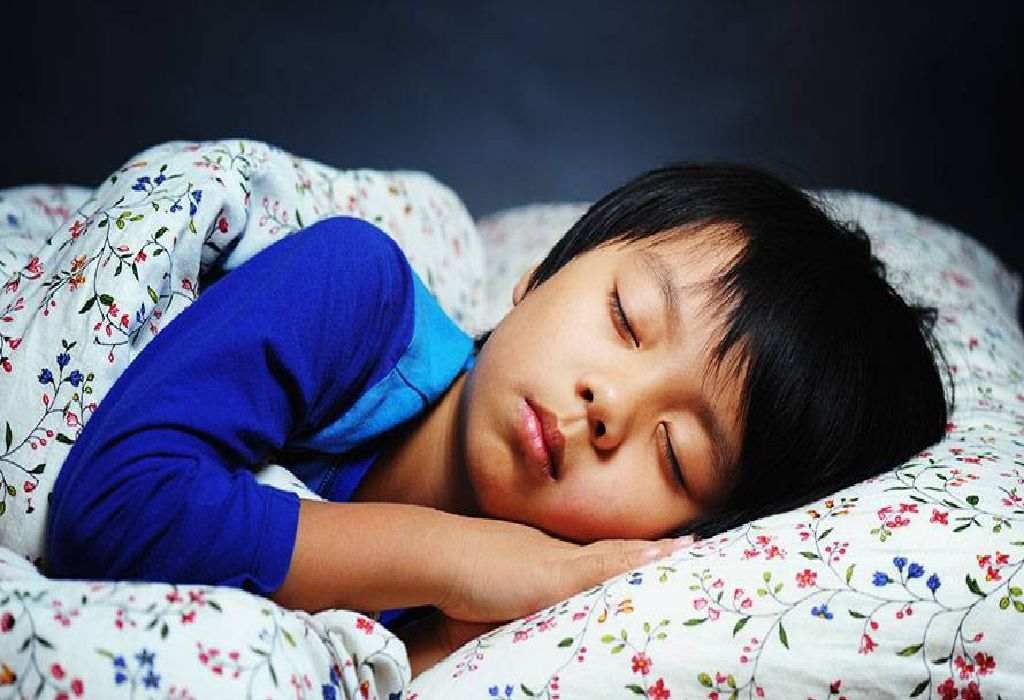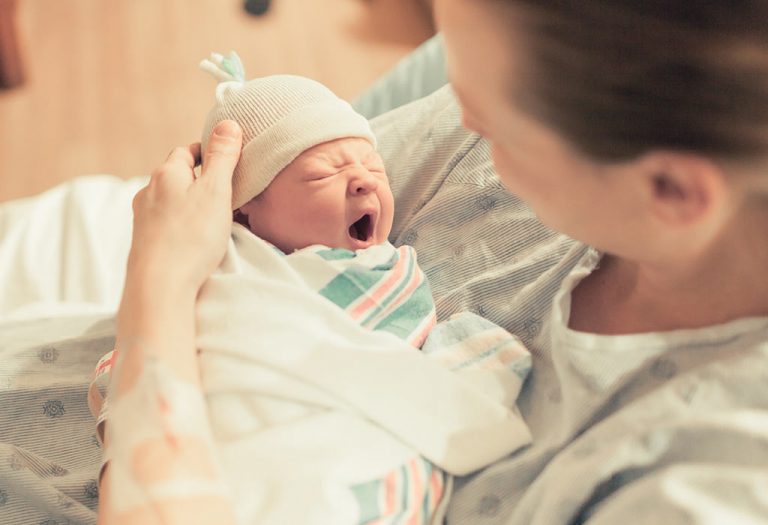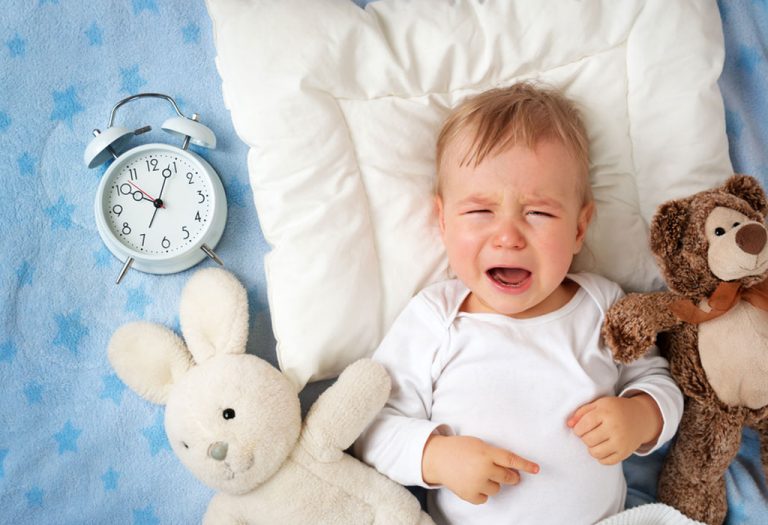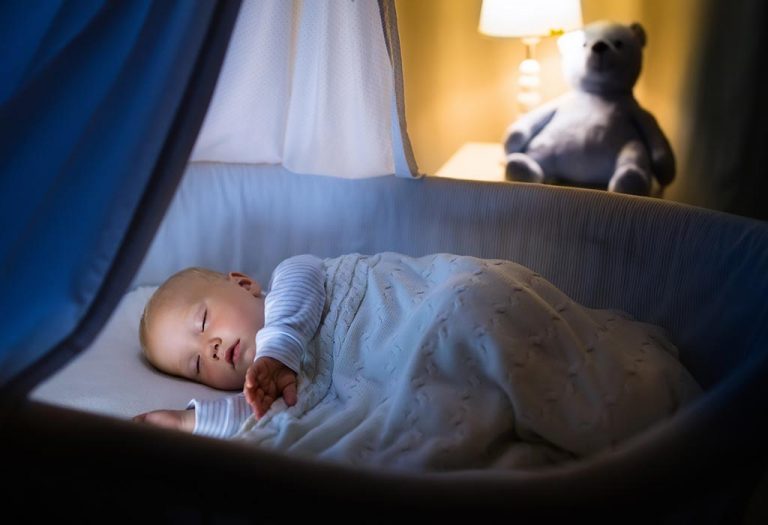9 Signs That Your Baby Is Not Getting Enough Sleep
Putting your tired baby to sleep is the best and most logical way to provide him the necessary rest. If he gets overtired or too stimulated, he will become irritable and will not fall asleep easily. On the other hand, if you start putting him to sleep too soon, you will have to struggle even harder. It is crucial, therefore, to take him to bed just before he reaches that ‘too tired’ state. So, how can you tell the signs of tiredness that indicate your little one is in need of sleep?
Video : 9 Signs That Your Baby Is Not Getting Enough Sleep
As your child grows, her capacity to stay awake increases. By the time she will complete a year, she will be able to keep awake for about three hours at a stretch. And after that, till about 18 months, she will be good if she gets her morning and afternoon naps. However, a lot depends on individual sleep patterns. For example, a baby who is used to shorter naps might be ready to sleep earlier, thus making the time spans mentioned here only a rough guide at best.
While sleep patterns and duration may differ, one thing is certain: ALL babies will show negative consequences if they don’t get enough sleep!
But, how do you tell whether or not your munchkin is getting enough sleep?
9 Signs Your Child Is Not Getting Enough Sleep
As parents, we sometimes believe that the child will fall off asleep when she tires herself out. It seems like the natural thing to do, right? Wrong!
Tired babies often become overactive and irritable, and find it even more difficult to fall asleep. Toddlers will typically turn defiant or throw tantrums. Sometimes, this kind of a response is also concerned with growth spurts. A child that is physically tired, may still be experiencing a cognitive growth spurt, which makes it difficult for her to fall asleep!
While this is a passing phase, it is important as a parent to ensure your child is still getting adequate sleep, irrespective of what stage they are at!
Here are some of the typical signs that your child will show if she is not getting enough sleep.
Your Baby is Not Getting Enough Sleep if –
1. She is Crying More than Often
Every mother knows on an instinct just how much her baby cries. Mothers are tuned in to the natural, innate habits of their baby. If your baby seems to be crying more than usual, for no apparent reason, it may be a sign she is tired and sleep-deprived.
2. She is Turning her Face Away
A sleep-deprived baby will try and turn away from things that prompt her to stay awake, in her bid to lull herself to sleep. While this is common around nap-time and bed-time, a baby that’s doing this at other, normal hours of the day is majorly sleep-deprived. If you find your baby looking away from your, or daddy, or her toys, it is a sure sign she is tired and wants to sleep
3. She brings her Hands to her Face
Around bed-time, a baby will tend to bring her hands to her face – she may rub her eyes and nose, hold her hair, or caress her own face. However, a baby that is constantly doing this is clearly ‘over-tired’ and sleep-deprived.
4. She is Extra-Clingy
A sleep-deprived baby will be more clingy than usual during the normal/regular hours of the day. She may refuse to let go of you, may cry if you put her down, and may insist on being held. She is trying to lull herself to sleep! So a clingy baby is a sign of a sleep-deprived baby.
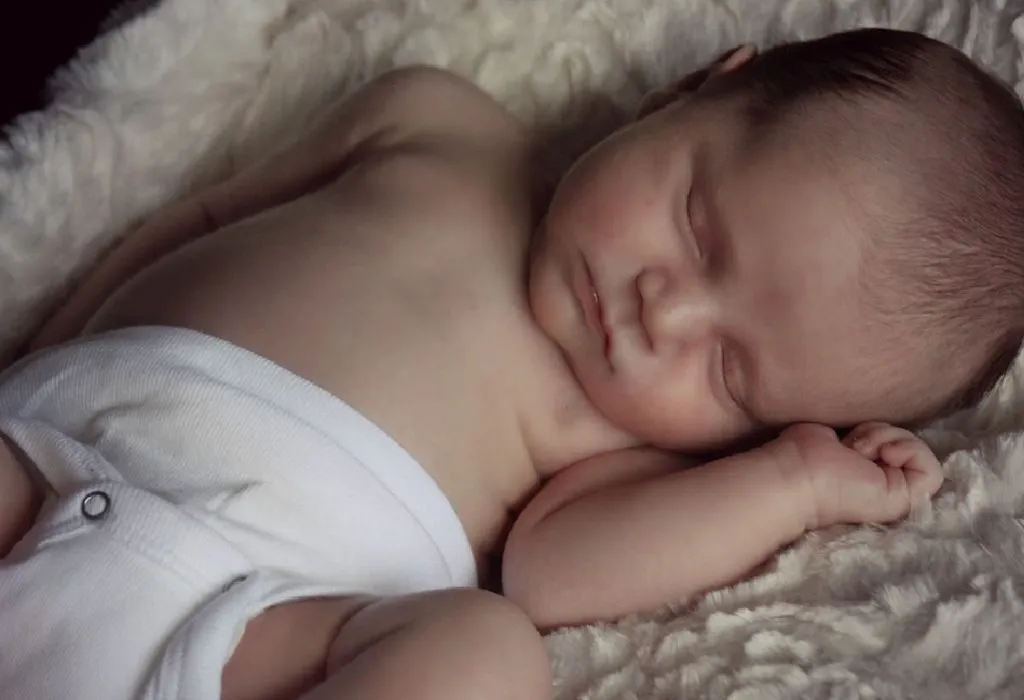
Your Toddler is Not Getting Enough Sleep if –
1. She is Fussy, Cranky or Irritable
This behaviour will be typically observed around her nap-time and/or bed-time. She may just act cranky, or may throw a legit full-blown tantrum!
2. She is Hyperactive
If you know (according to the sleep-routine you have cultivated), that your little one should be actually getting ready to retire to bed, and you instead find her jumping up-and-down on the bed, or running from one room to another, it is a sign she is in fact super tired and sleepy but is finding it difficult to actually sleep.
3. She becomes Clumsy
A mobile kid – baby and toddler both – may become clumsy around bed-time, and may end up falling, or losing balance. While this may be normal around sleepy-time, this kind of behaviour will increase during the day-time too, depending on just how sleep-deprived your child is. If your child is acting like a pro-clutz, lure her to the bed and help her fall asleep!
4. She is becoming Fussy about her Meals
According to a study conducted by Tauman and his team on more than 600 American babies, it was found that fussy eaters typically fall asleep later than usual, and may keep waking in the night, leading to a disturbed sleep pattern. If your child is a fussy-eater, chances are she is also sleep-deprived.
5. She does not Wake-Up Easily
A well-rested child that has had good amount of sleep will wake-up very naturally, with even the smallest of stimulations such as being called out, or facing the light, etc. A sleep-deprived child on the other hand, will be very difficult to awaken! You might have to work twice as hard to wake them from their slumber, and even after being woken up, they may not be fully awake. A text-book sign of a sleep-deprived child.
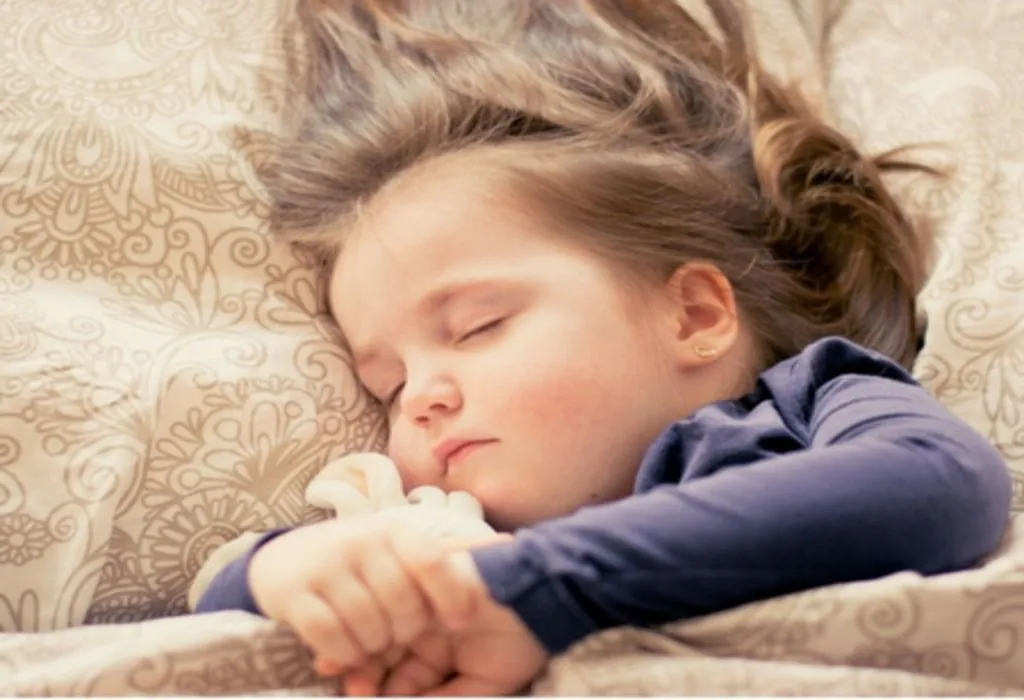
Why is Sleep Deprivation a Major Concern?
According to some studies, lack of sleep in babies has even been linked to behavioural problems later in life such as ADHD, to chronic sleep disorders like sleep apnea, and to physical problems such as exhaustion and lack of energy the next day. There could be several things that are interfering with your child’s sleep, such as an illness, a growth spurt, travel, or general over-stimulation.
No matter what the cause may be, lack of sleep is a serious concern that needs to be addressed in time. You can try different things to solve the problem:
- Look into your baby’s dinner.
- Consider using white noise.
- Develop a proper sleep routine.
- Avoid common sleep- and nap-time mistakes.
Understanding your baby and their signals is one of the hardest challenges of parenthood. But the sooner you learn to recognize signs of distress, especially tiredness, the faster you will be able to help your darling.


